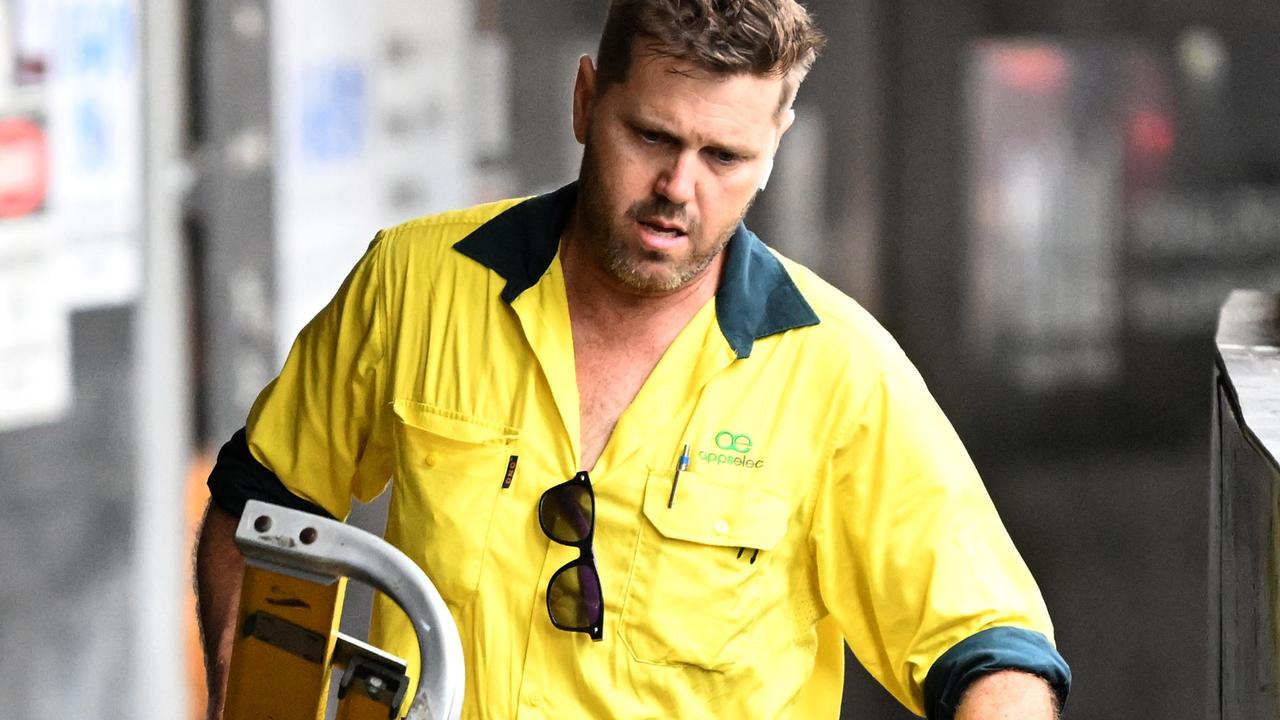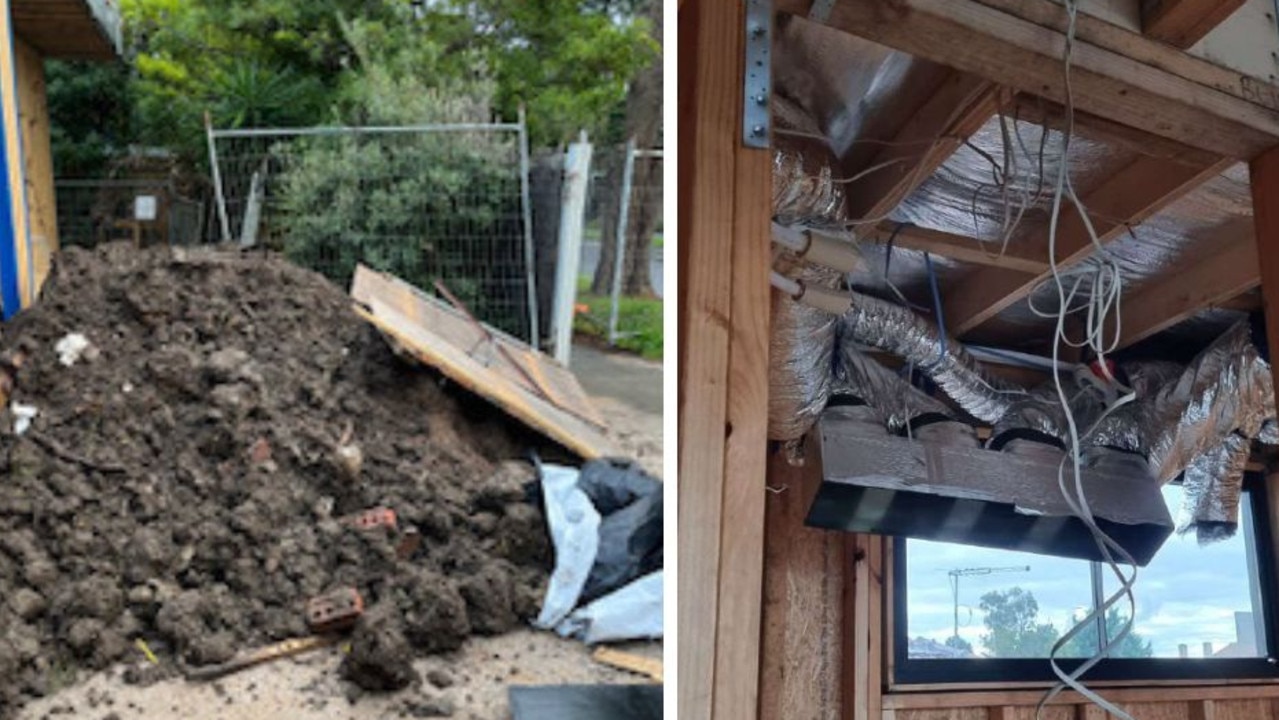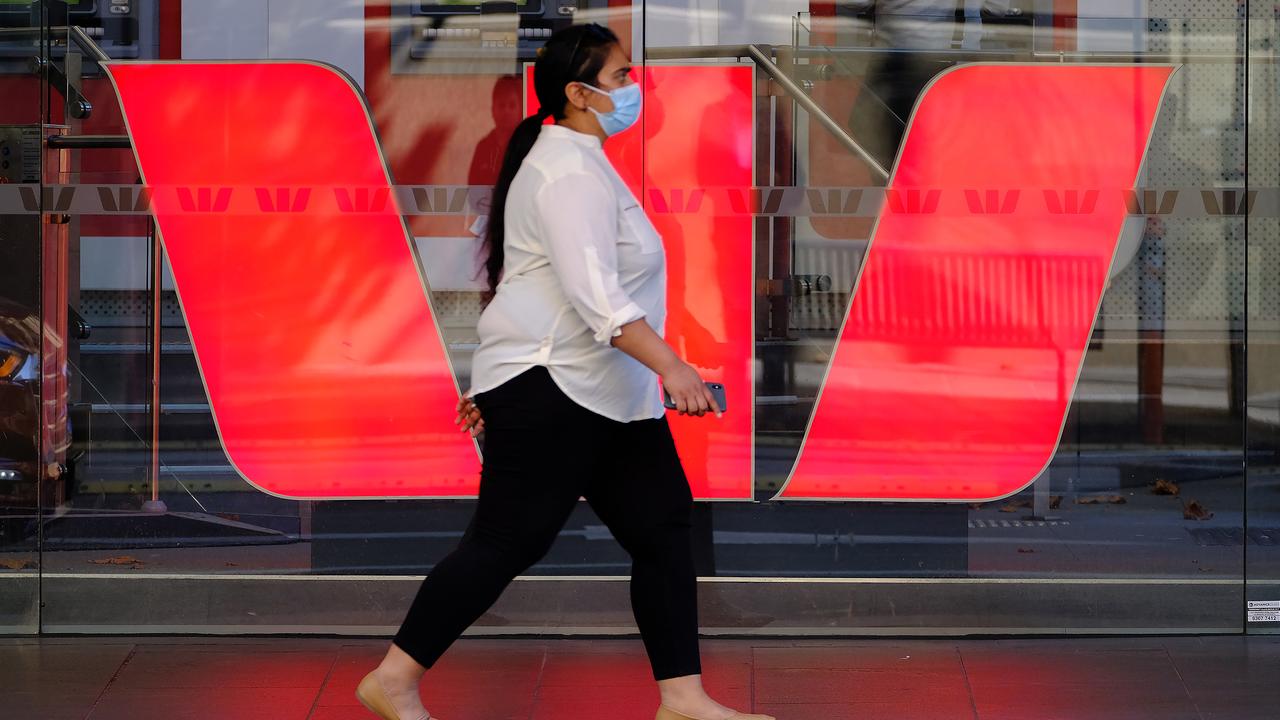Popular Aussie bedding and homewares company, Koala, has laid off 30 local staff due to unstable economic conditions.
The company shot up in popularity, particularly during the 2020 and 2021 lockdown periods, due to its competitive pricing, being all online and offering four hour delivery to metro areas.
However, just like many other companies, supply chain issues, inflation and surging interest rates have all taken their toll.
A Koala spokeswoman told The Sydney Morning Herald and The Age that uncertain economic conditions had resulted in 30 Australian staff members being made redundant last week.
Describing the former staff as “amazingly talented”, she said the company was supporting them with an outplacement service and professional connections.
According to the company’s website, Koala has “more than 200” employees.
The company also confirmed it had consolidated its offices in the inner-city Sydney suburb of Alexandria after previously also having employees located in the CBD.
News.com.au has contacted Koala for comment.
But it isn’t just the Australian staff that have been impacted, with 10 roles also being made redundant in South Korea following an expansion to the region last year.
The spokeswoman again told the publications “economic uncertainty” was behind the move, along with the need to “reduce our start-up cost in the market”.
“For the near term, our operations in Korea continue as we explore more efficient ways to serve the market,” she said.
The Sydney Morning Herald and The Age also cited claims from multiple industry sources that Koala had explored the possibility of listing on the Australian stockmarket, before abandoning the plan amid the recent the recent technology downturn.
The spokeswoman for the company strongly denied these claims.
“Like any private company with proven success as a market leader in our categories and markets, we are fortunate enough to receive countless inbound introductions from potential investors,” she said.
“They see the opportunity for Koala to continue to disrupt the global furniture market.”
She did not offer specific figures, but said Koala’s margins were double those of some of its competitors, adding that the decision to offer furniture and other homewares has led to “incredible growth” in non-mattress sales.
“We will continue to invest in our operations across Australia and Asia,” the spokeswoman said.
In October 2020, Koala copped significant backlash after announcing it would cease manufacturing its mattresses domestically and make them in China instead.
Staunch supporter of Australian-made products, Harvey Norman executive chairman Gerry Harvey, previously slammed Koala’s move, saying the name of the company implies the product is made domestically.
“Anyone selling imported mattresses are doing it because they can make more money,” Mr Harvey said.
“The marketing is dishonest… they are pretending they are Australian.”
The retail giant’s co-founder said overseas imports made it harder for local companies to compete in bedding and furniture.
Mr Harvey said his store predominantly sold made-in-Australia bedding, supporting local companies such as Sealy, SleepMaker and AH Beard.
When it was established in 2015, Koala marketed itself as a retailer of Australian-made furniture with a strong focus on sustainability.
However, most of its manufacturing has now moved to China and Europe, with the company deregistering itself in 2019 from using the Australian Made trademark.
“The decision to cease production of mattresses in Australia will provide significant innovation and quality improvements to help drive our continued growth across Asia-Pacific,” a company spokeswoman said at the time.
Koala said the move offshore would mean it would have greater influence in cultivating “sustainable behaviours” in its manufacturing and supply chain.
“We are always in search of the best manufacturers, suppliers, and makers around the world who meet or exceed our environmental and sustainability standards and conduct assessments to support this,” a spokeswoman said.
.








